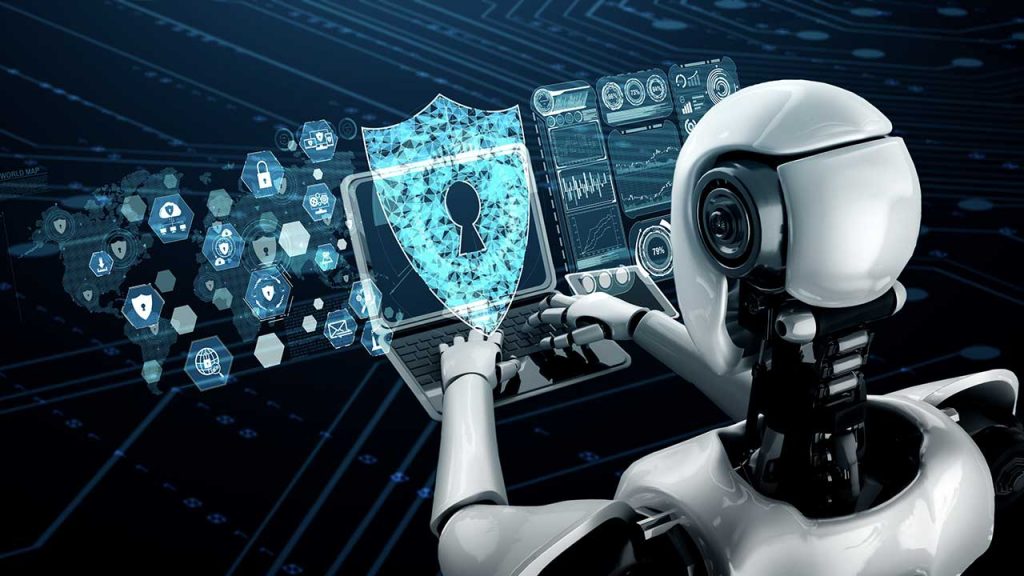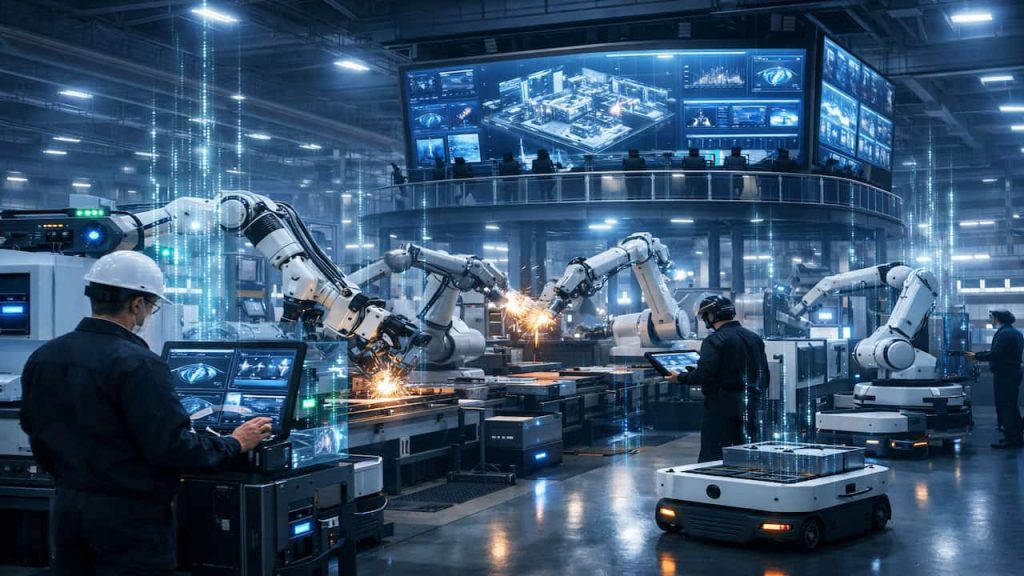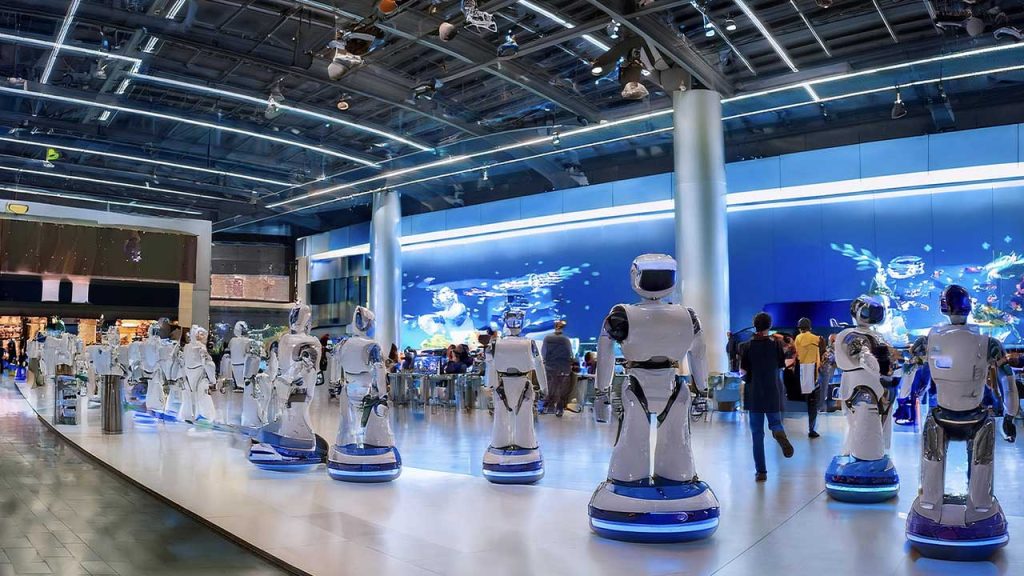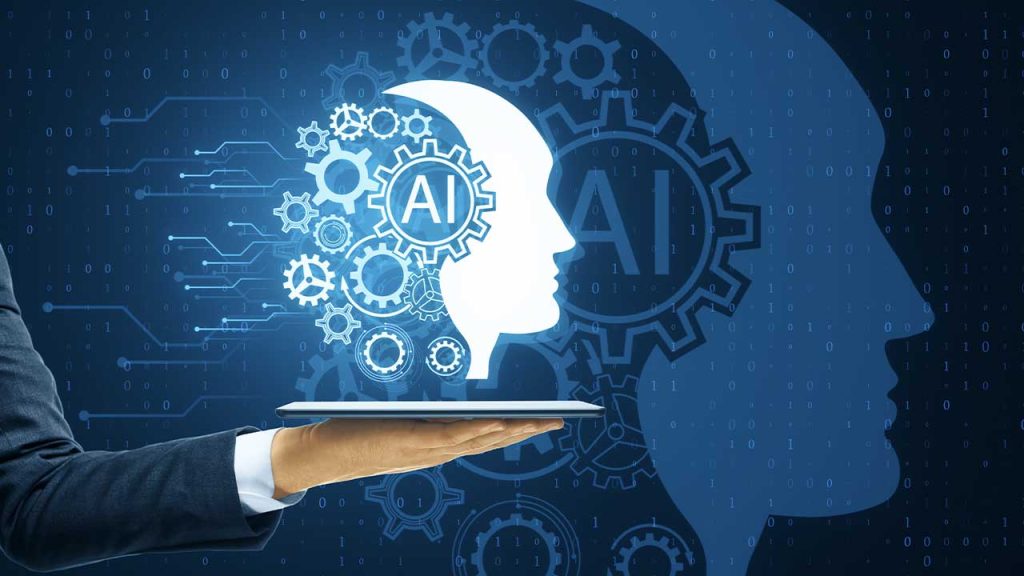Agentic AI is rapidly moving from research labs into production environments, powering everything from autonomous workflows in supply chains to connected medical devices and industrial automation. Unlike traditional generative AI, which produces outputs based on prompts, Agentic AI systems can perceive, reason, and act — executing tasks across enterprise applications, often without human intervention.
For industries already operating in highly connected environments, this shift presents both opportunity and risk. Machine-to-machine communication, IoT-enabled devices, and AI-driven decision-making are multiplying efficiency gains — but they also expand the attack surface. An attacker that compromises an autonomous agent can disrupt not just one system, but entire business operations.
Why Digital Trust Matters for AI Agents
Just like IoT devices, digital twins, or RPA bots, AI agents are non-human identities that must be authenticated before they can be trusted. Without identity, encryption, and access controls, these systems become entry points for adversaries. Securing them requires:
- Strong, certificate-based identities to prove authenticity
- Fine-grained access controls so agents only connect to approved systems
- Continuous monitoring and auditability to detect anomalous behavior
- Rapid revocation mechanisms if an agent deviates from expected behavior
Digital trust — the ability to reliably know what an entity is and what it is supposed to do — is becoming the cornerstone of securing AI-enabled operations.
The Role of Model Context Protocol (MCP)
Introduced in late 2024, the Model Context Protocol (MCP) is emerging as a standard for secure communication between AI agents and enterprise applications. MCP acts as a universal interface, allowing agents to access business tools through a natural-language layer while maintaining authenticated, auditable interactions. For industrial sectors, this could mean:
- A supply chain AI agent instantly retrieving the highest-risk certificates in a system
- A predictive maintenance agent securely pulling sensor data from IoT-enabled assets
- A logistics agent coordinating shipments across multiple platforms without human handoffs
What Comes Next
As organizations embrace AI-enabled environments, agent security will be as foundational as endpoint security was in earlier digital transformations. In healthcare, manufacturing, and energy, where safety and uptime are critical, ensuring trust in autonomous systems isn’t optional — it’s a requirement for operational resilience.
The path forward will be defined by establishing machine identities, embedding trust protocols like MCP, and treating AI agents as first-class citizens in the digital trust ecosystem. The companies that get this right will be able to scale AI securely, while those that don’t risk exposing critical operations to adversarial threats.
Watch the full Cube interview with Ted Shorter, Chief Technology Officer & Co‑Founder at Keyfactor.
Check out Keyfactor’s Education Center for more about Agentic AI security
Read the original article on this topic here.
Related articles:



